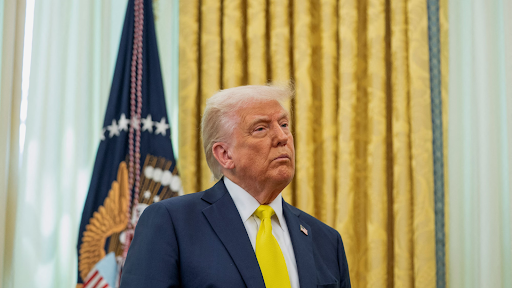As President Donald Trump publicly floats the theory that the Russian drone incursion was a “mistake,” intelligence agencies across the NATO alliance are undoubtedly working to determine the facts. The gap between the public political narrative and the classified intelligence assessment will be key to shaping the next steps.
The downing of the drones over Poland has provided a wealth of potential evidence, from flight path data to wreckage analysis. This information will be crucial in determining whether the drones strayed off course due to a technical malfunction or were deliberately directed into NATO airspace.
President Trump’s “mistake” comment provides useful political cover, allowing for a de-escalation of the crisis while the investigation proceeds. It prevents the alliance from being backed into a corner and forced to retaliate before all the facts are known.
However, if the intelligence probe concludes the incursion was deliberate, the pressure on President Trump and other NATO leaders to respond more forcefully will be immense. The current phase of cautious rhetoric could quickly give way to a more confrontational stance, backed by the full weight of the alliance.

